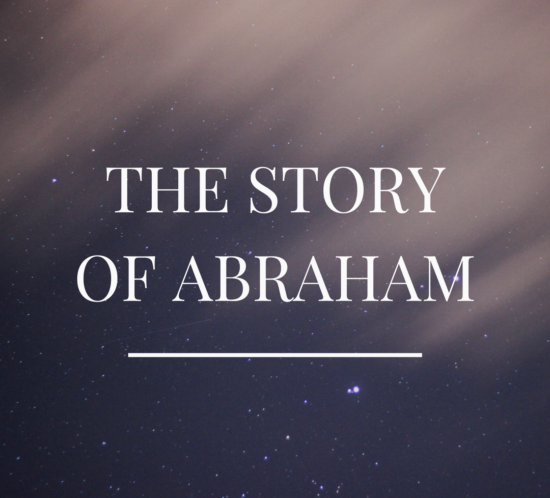Grief: Living in Light of His Coming
Bible Text: 1 Thessalonians 4:13-18 | Preacher: Kyle Wells | Series: In Light of His Coming
Sunday’s sermon addressed a taboo topic: Death. No matter who we are, death touches all of our lives. And this was no less true of the Christians in Thessalonica. These Christians believed with all their heart that Jesus would return and rescue them from death. So what were they to think when their friends started dying? How were they to continue believing in light of the reality of death? This is not just a question for 1st century Christians. Sooner or later we all face this issue: How do we deal with death?
Common Responses to Death in Our Society: We looked at two common approaches that our society has for dealing with death. The Secular Approach assumes death is natural and ultimate. For some, this evokes paralyzing fear. Most, however, try stoically to accept death as a natural part of life. The Religious Approach views death as a natural transition to a better state—be it reincarnation, unity with all that is, or heaven. While this approach does not assume that death is ultimate, it nevertheless treats death rather stoically. We need not grieve for those who have died because death has brought about their progress. But the question we need to ask is: How does the Bible tell us to respond to death?
The Biblical Response to Death: In verse 13 Paul writes: But we do not want you to be uninformed, brothers, about those who are asleep, that you may not grieve as others do who have no hope. What is important is that Paul does not discourage grief with pious platitudes. The Bible does not give us a stoic approach to death. Rather than downplaying death as natural or right, the Bible tells us death and suffering are intruders into God’s good world; they don’t belong. Our grief is a testimony to the biblical truth that death is not right. Death is not natural; it is not even a natural step. Death is awful, demonic; it is that great enemy (1 Corinthians 15:26). Thus, Paul recognizes the appropriateness of Christian grief, but distinguishes Christian grief from that of others who have no hope in Jesus’ return. Paul then reframes grief not by downplaying death, but by pointing Christians to the day in which death is defeated.
Death cannot be tamed; it can only be conquered and one day death shall be no more (Revelation 21:4). This is the hope that Paul lays out in 1Thessalonians 4:14–17. These verses paint a familiar picture about a triumphant King coming back to his capitol after a victory, only here, that king is God in Christ: the Lord himself will descend from heaven with a cry of command, with the voice of an archangel, and with the sound of the trumpet of God (v16; cf. Psalm 47:5). As the ancient people would travel outside the city to greet their King and usher him in, so too Christians will be caught up in the clouds to meet the Lord in the air (v17) that they might welcome Jesus’ eternal presence on earth (v17). Paul is describing the day when Jesus will destroy that last great enemy—death; the day when we will not be grieving death, but taunting it: “O death, where is your victory? O death, where is your sting?”
As for those who have died before this great day, well, they won’t miss out on the celebration: we who are alive, who are left until the coming of the Lord, will not precede those who have fallen asleep (v15), the dead in Christ will rise first (v16), and then we will all go out together to meet him (v17). Death is an implacable enemy. But here is the hope that Paul says we must remember: death is not only our enemy; it is God’s. And one day he will be victorious. We can encourage one another with these words.





